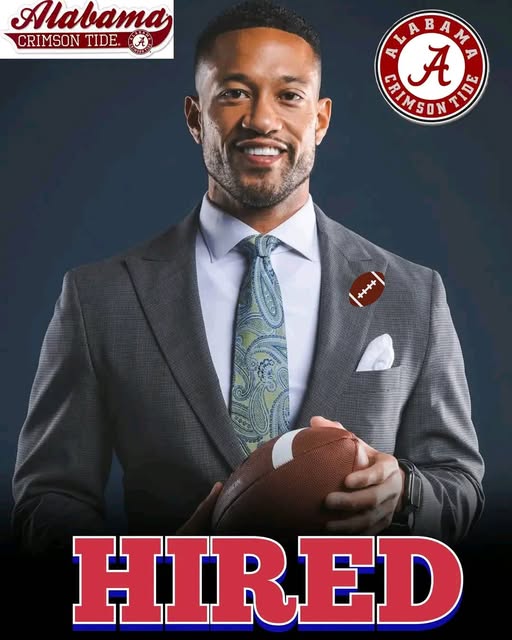Marcus Freeman’s Strategic Leadership and Cultural Impact: Transforming Notre Dame Football and the Broader Landscape
Marcus Freeman’s ascent to the head coaching position at Notre Dame marked a significant turning point in the university’s football program. His journey from defensive coordinator to head coach was not merely a career progression but a transformative shift that redefined the team’s culture, performance, and national standing.
Upon taking the helm in December 2021, Freeman inherited a program with a rich history but one that had recently experienced challenges in major bowl games. Under his leadership, Notre Dame quickly became a formidable force in college football. In his inaugural season, Freeman led the Fighting Irish to a 13-1 record, culminating in a victory over Georgia in the Sugar Bowl. This win not only ended a 31-year drought in major bowl victories for Notre Dame but also showcased Freeman’s ability to inspire and elevate his team in high-pressure situations.
Central to Freeman’s success was his emphasis on player development and holistic growth. He implemented a recruiting strategy that prioritized both athletic talent and character, ensuring that players were well-rounded individuals both on and off the field. This approach resonated with recruits and their families, leading to a series of successful recruiting classes that bolstered the team’s depth and skill across all positions.
Freeman’s impact extended beyond the gridiron. He became a symbol of representation and progress in college football, being recognized as the first Black and Asian American head coach to lead a team to the College Football Playoff National Championship. This milestone was not just a personal achievement but a beacon of possibility for underrepresented communities in sports leadership.
His coaching philosophy emphasized resilience, adaptability, and a commitment to excellence. Freeman instilled a mindset in his players that no challenge was insurmountable. This mentality was evident in the team’s performance, particularly in their playoff run, where they overcame significant obstacles to reach the national championship game.
Off the field, Freeman’s leadership was characterized by transparency, integrity, and a deep connection with the Notre Dame community. He fostered an environment where open communication was encouraged, and every member of the program felt valued. This inclusive culture contributed to the team’s cohesion and success.
In summary, Marcus Freeman’s tenure at Notre Dame was marked by strategic innovation, cultural transformation, and a profound impact on the college football landscape. His legacy is one of empowerment, achievement, and a testament to the power of visionary leadership in sports.



